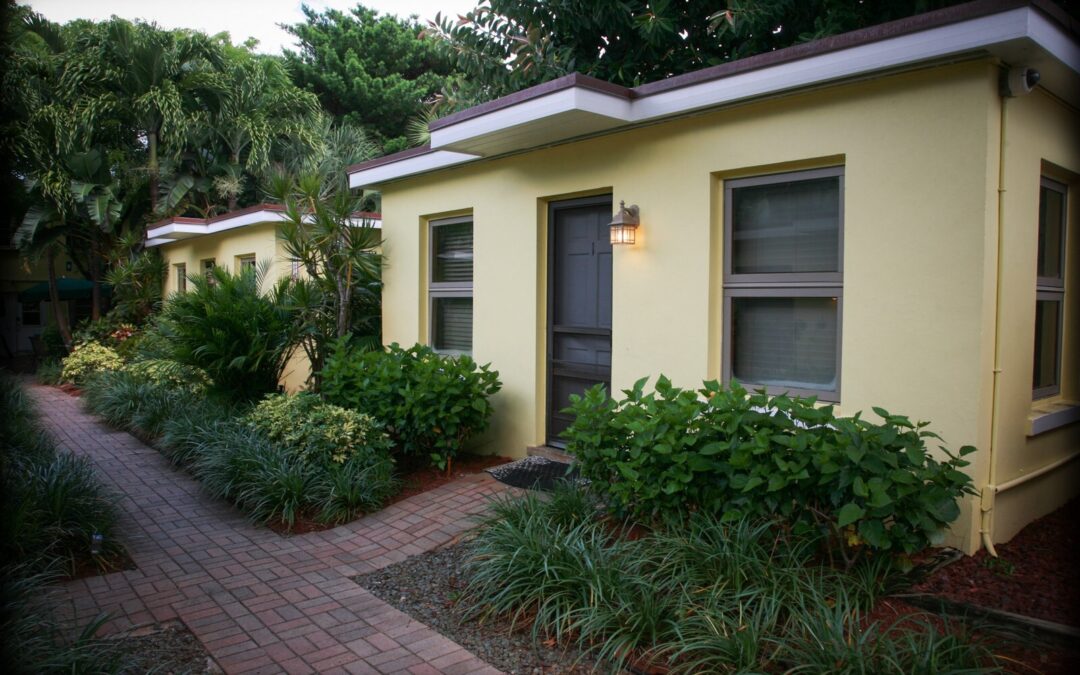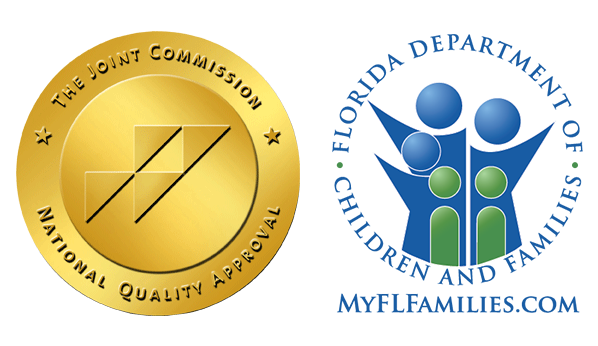When an addiction has taken hold of your life, everything is disrupted. Oftentimes, loved ones who have become entangled in addiction have stopped taking care of personal responsibilities. Things such as relationships, jobs, schooling, and other important aspects have fallen by the wayside as drugs or alcohol become the focus. Seeking help for alcohol or drug addiction is a crucial step toward recovery. One common question that individuals often have is how long they need to stay in a drug rehabilitation center. It’s good to remember that time in a rehab center is not, in fact, the disruption. Addiction is the disruption. So no matter how long you have to stay in a rehab facility, it’s time well spent to get free.
While the duration of treatment can vary based on several factors, understand that rehab is not a one-size-fits-all solution. The factors that influence the length of stay in a drug rehabilitation center and the general timeframes commonly associated with successful addiction treatment are as follows:
Factors Influencing the Duration of Treatment
- Severity of Addiction: The severity of the addiction is a critical factor. The length of stay may be longer for individuals with more complex or long-standing substance abuse issues.
- Individual Needs and Progress: Every person’s journey to recovery is unique. We tailor treatment plans to address specific needs and regularly assess progress. We may adjust the duration of stay based on individual progress and the achievement of treatment goals.
- Co-occurring Disorders: If an individual has co-occurring mental health disorders alongside addiction, such as depression or anxiety, a longer stay may be required to address these complex issues effectively.
- Physical Health Considerations: Physical health conditions resulting from substance abuse may require additional time for medical stabilization and treatment.
Typical Treatment Timeframes: Three Types of Stays
While the duration of treatment can vary, there are generally three main types of drug rehabilitation programs:
- Short-Term Programs: Short-term programs typically last for 30 days. They provide a focused and intensive approach to detoxification, stabilization, and initial treatment. These programs are suitable for individuals with less severe addiction or those who have already completed a more extended treatment but require additional support.
- Medium-Term Programs: Medium-term programs generally range from 60 to 90 days. These programs offer a more comprehensive approach to treatment, allowing individuals to delve deeper into the underlying causes of addiction and develop the necessary skills for long-term recovery. They are often recommended for individuals with moderate addiction and those who require a more extended period of support and therapy.
- Long-Term Programs: Long-term programs typically last for more than 90 days, with some extending up to a year or longer. These programs are designed for individuals with severe addiction or those who have experienced multiple relapses. Long-term rehab offers intensive therapeutic interventions, extended support networks, and a highly structured environment to facilitate lasting recovery.
Benefits of Longer Stays: Remembering that the Addiction is the Disruption
When thinking about how long you or a loved one will need to stay in an alcohol and drug rehab center in South Florida, remember to keep the addiction as the negative element. Addictions can disrupt lives for years, or even for generations when addicted people try to parent a new generation. It is worth every bit of time you can invest to get free from addiction, no matter how long and how much effort is required. While shorter Delray Beach, Florida rehabs can be effective for certain individuals, longer stays in drug rehabilitation centers often offer several advantages. These include:
- Enhanced Detoxification and Stabilization: Longer stays provide more time for thorough detoxification and stabilization under medical supervision, ensuring a safer and more comfortable withdrawal process.
- Skill Development: Longer treatment durations offer ample opportunities to learn and practice essential life skills, relapse prevention strategies, and coping mechanisms. These skills and strategies promote sustainable recovery.
- Community Support: Longer stays foster a stronger sense of community among peers in treatment. Building supportive relationships can help individuals develop a robust support network that continues after leaving the rehabilitation center.
Making the Best Choice for Long-term Recovery
The duration of stay in an addiction rehab in Delray Beach, Florida, for alcohol or drug addiction varies based on individual circumstances. Short-term programs can be beneficial but longer stays often yield more comprehensive and lasting results. It’s important to remember that addiction recovery is a lifelong journey, and the length of stay in a drug rehabilitation center is just one component of the process.
The decision regarding treatment duration should be based on the individual’s needs, progress, and the recommendations of addiction specialists. Seeking professional guidance is crucial to determine the most appropriate treatment length for your specific situation.












